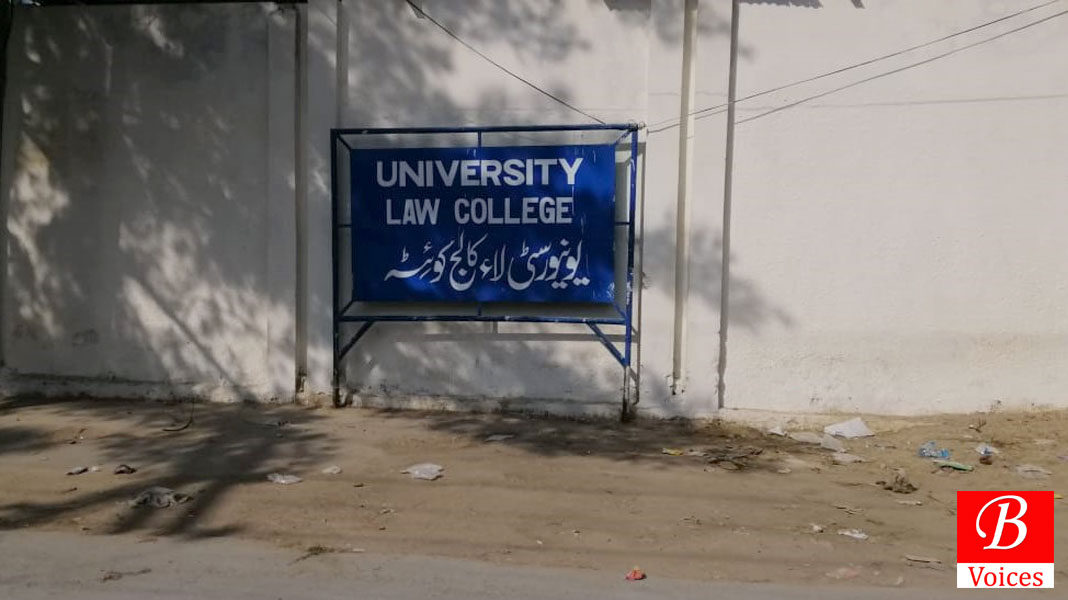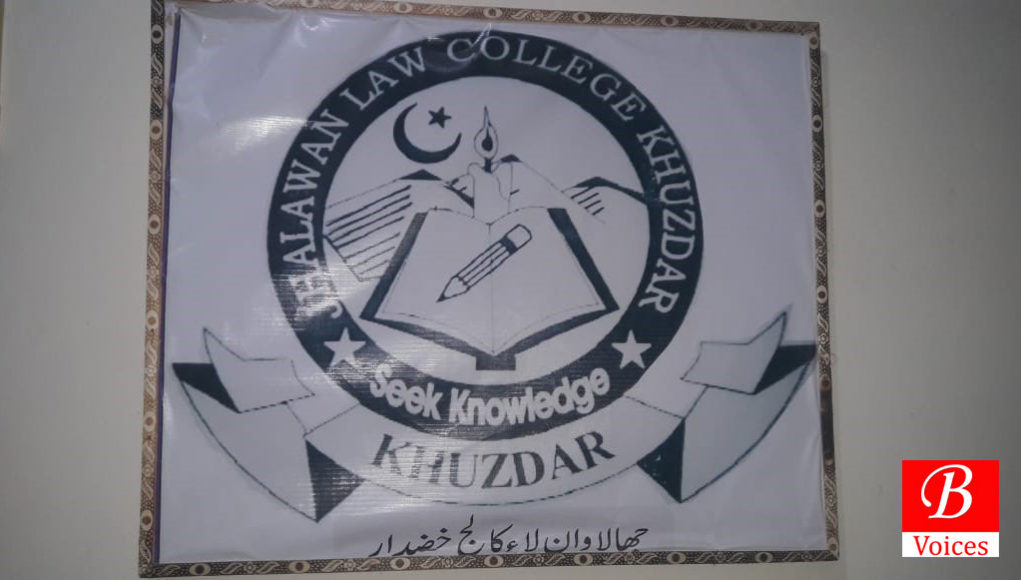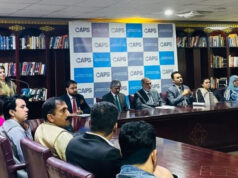Ayaz Khan
August 8, 2016, is believed to have swept an entire generation of lawyers from Balochistan. The suicide bombing claimed almost 80 lives and left 120 injured. The entire debate, after the incident, focused on whether the gap left after the fateful incident will be filled in the future or not. Will the upcoming generation of lawyers bridge the gap as the incident drained lawyers of high repute? The gap is so wide that it begs another question to answer whether the current state of law education imparted through private law colleges will enable a prudent generation of lawyers to cover the gap.
The answer lies in the fact that Balochistan is devoid of institutions which could cover the entire province and fulfill the thrust of students who wish to study law. In the capital city, Quetta, Law College University of Balochistan, has been the most important institution which has been imparting law education since 1971, however, the entire province, except Quetta, Kharan, and Pishin, where University of Balochistan (UOB) has opened law colleges, is covered by private law colleges. Given the nature of centralization of education within the federating system, students of Balochistan have laborious task to travel to the capital for getting an education since Quetta is the most urbanized city of Balochistan. Most educational institutions are situated in Quetta.

To assess the state of education imparted through private vis-à-vis Law College Quetta, the story is based on extensive interviews conducted by Balochistan Voices while interacting with law college administrations, students pursuing law and experts from the discipline.
Law Education Rules 2015
Legal education observed honorable Chief Justice of Pakistan (CJP), Justice Anwar Zaheer Jamali in his address with respect to ‘improving legal education on 4 December 2014, was misconstrued to be only for lawyers. He stated further that legal education was important for everyone belonging to any field health, education, management or bureaucracy alike.
Similarly, following the historic speech of honorable CJP, Pakistan Bar Council (PBC) came up with new rules while observing that the Legal Education Rules adopted in 1978 could not cater to the needs of the today’s education. Thus, the PBC adopted its Legal Education Rules 2015. The rules laid some important rules in order to regulate law education across the county given the rapid increase in private law colleges which were more or less compromising on the importance of imparting legal education. Balochistan also fell under the burden of complying with rules laid down in 2015. The Legal Education Rules 2015 laid strict rules for affiliation of private colleges. With the promulgation of new rules, private colleges were required to have 100 students to affiliate with Law College Balochistan.
State of law education in Balochistan
Currently, four private law colleges are engaged in imparting law education across the province. 3 law colleges are based in Quetta whereas one law college is based in Khuzdar. Balochistan Law College has its branches in two districts of Balochistan: Kharan and Pishin. However, law college Sibi has stopped functioning due to financial problems. With the establishment of Turbat University, Law College has also started classes. The college is in its initial phase though. Following the implementation of Legal Education Rules, 2015, 3-year LLB is now replaced with 5 years. The foremost problem which students face during acquiring law education in Balochistan is the issue of institutions which are centralized in urban areas i.e. in Quetta or Khuzdar. For instance, Jhalawan Law College Khuzdar receives students coming from Lasbela and Makran division. With admissions taking place from far-flung districts and cities, attendance ratio, which all colleges are bound to make sure doesn’t drop down to 75%, remains drastically low.
“Due to the absence of students who take admission from Makran and Lasbela, the students of the city where the college is situated are deprived of classes as the administration often delays the classes while giving the reason that students are not available,” said one of the students from Khuzdar Law College. However, the student wished not to be named. “We have to consult guides when we have to take the examination,” he said.
“I traveled three to five times for my classes from Hub while spending almost 3 thousand rupees on per visit. Now I don’t travel since it’s not possible for me to cover such a long distance,” told another student to Balochistan Voices on the condition of anonymity.
Jhalawan Law College enrolls students from Makran Division and Lasbela. 30% of students are enrolled from Lasbela and Makran. 15 to 20% of students from Khuzdar and the rest of the students come from Quetta and other areas.
“At the time of examination, we see the faces that we don’t see during the entire semester,” told students to Balochistan Voices.

“Until 2016, there were issues with classes. I took the notice myself and things are not the same. We provide accommodation to the students who travel from far cities of Lasbela and Awaran. We issue them notices for being absent regularly,” confirmed Saba Raisani, Director of Jhalawan Law College Khuzdar.
The law education imparted through private law colleges in Quetta is comparatively better than that of Law College Khuzdar. The reason for this is the presence of students. Quetta is the hub of Balochistan and students settle in the city for completing their educational career. However, this is not the case with Khuzdar Law College where students don’t stay due to the lack of accommodating facilities.
Salal hails from Turbat. He is engaged in getting law education from one of the private law colleges. He says he is satisfied with the education the institution provides. However, he pays a hefty semester fee of 25,000 rupees. “We face problems sometimes but not frequently. The basic problem I faced in the fourth semester was the teaching of optional and subsidy subjects at first though students take more interest in law subjects in the starting,” Salal complains.
Why and what goes wrong with law education in Balochistan
Aslam Jatoi, a former law student, lodged his protest in front of press club for the closure of Sibi Law College. He lodged a case in court with respect to closure as well but the closure was entirely justified as a case of lacking funds available to run the affairs of the college. However, Jatoi indicates that there was a certain lobbying of Sibi-based lawyers who didn’t wish to see the young graduates entering in the field.
“Private colleges cannot ensure 75% attendance. If they conduct classes properly, they are bound to pay huge remunerations to faculty which might be a loss for the colleges. With no proper classes students are unable to learn theoretical grounds of law as practical work is based on it,” laments a professor who wishes not to be named. He believes that there are a lot of ‘qualified law graduates’ but they are not ‘educated law graduates. ‘In fact, in Balochistan,’ he says, ‘the university had to finish affiliation of private colleges but it’s a matter of some interest for university vis-à-vis influential people who head the colleges make affiliation possible.’
However, he believes that the ‘qualified law graduates’ are rejected by the profession and the vacuum created following the fateful incident of August 8 thus will remain void unless ‘educated law graduates’ are produced.
Share your comments!








